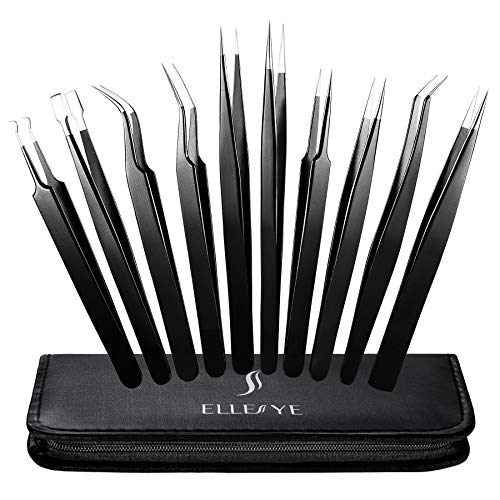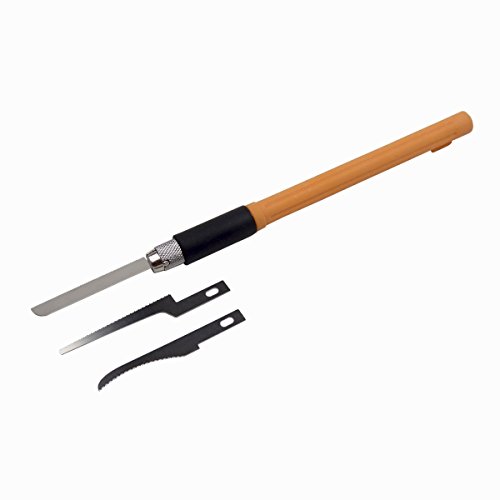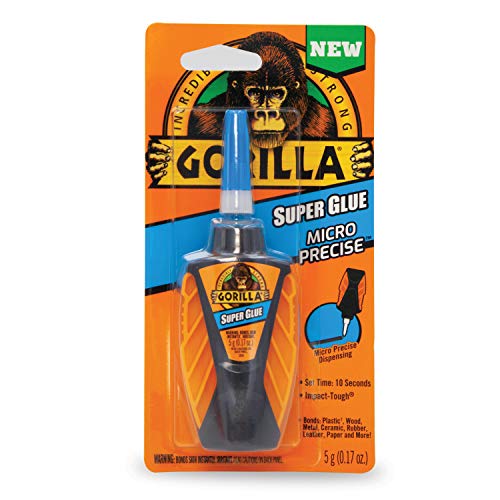After many years of strenuous use, keys can easily snap off inside a lock, typically at a very inconvenient time. Over time the metal can soften, allowing it to bend or snap off inside a lock. Finding yourself suddenly locked out because of a broken key can create a very frightening situation, but thankfully, a good locksmith can promptly solve the problem. Always remember that a key broken off in a lock shouldn’t be touched or messed with unless there’s a strategy behind it. A broken key bit can very easily be pushed further into the lock if not handled correctly, and doing so can cause the problem to become more difficult to deal with.
Before attempting to remove the broken key from the lock yourself, first take a look at the situation and collect your thoughts. When looking into the keyhole at the broken piece, ask yourself the following questions:
What tools are available to me?
How far away is the local hardware store?
Do I know anyone that has a working key, or is there a spare nearby?
How far is the broken key bit inserted in the lock?
What is the time frame I’m comfortable setting for myself before calling for professional help?
Businesses and homeowners who have access to additional keys should immediately leave the disabled lock alone and first gain entry to the building through another door or window. Once inside, the disabled lock can be dealt with more easily and safely.
If you find yourself in this situation and should you decide to attempt to remedy the problem yourself, consider some of the following tips and tricks for removing broken keys from locks.
Prep The Keyway
Before trying to remove the broken key bit from the lock, it would be a good idea to first spray a lubricant into the keyhole and around the broken piece. Dry lubricants are typically the ideal way to go, over oil-based lubricants, however, WD-40 will work fine if you’re in a pinch. A dry lubricant such as Dry Lock Lube won’t leave residue that could collect dirt and grime over time, unlike an oil-based lubricant.
Use a towel or a rag to wipe up any WD-40 that drips from the lock down the door after spraying the keyhole and around the broken key bit.
Gather Necessary Materials
After a lubricant has been sprayed into the keyhole, it’s time to gather the necessary tools. Those that are determined to get in themselves and still have access to a vehicle can go to a local hardware store in order to gather the materials required. If you’re locked out of your home and the only working key has been broken, it might be time to call a locksmith because removing the broken bit won’t unlock the door. Neighbors can also be helpful in situations where a key is broken inside a lock, especially if they have tools or a phone that could assist. Some handy tools to have when trying to remove the broken piece yourself includes pliers, tweezers, jigsaw blades, small pieces of wire like paperclips, and superglue.
1. Pliers
Needle nose pliers can come in handy during a broken key situation, wherein the broken bit is slightly sticking out from the lock. After applying lubricant to the area, and allowing enough time for it to soak, it’s sometimes possible to pull the broken bit directly out. It’s important to be careful when first grasping the broken key bit, because grabbing it incorrectly with pliers can inadvertently send it further into the lock. If the broken bit is too far into the keyhole, it might be time to reach for another tool that can pull the broken bit further out.
2. Tweezers
Tweezers are good to have on hand if needle nose pliers prove too large and clunky for grasping. Tweezers don’t have the same pulling strength that pliers do, and with the lubricant, tweezers can sometimes slip off the broken bit and be ineffective. In some cases however, tweezers can provide just the right amount of finesse and precision to quickly and safely remove the broken key bit. Be careful not to push the broken bit further into the lock.
3. Jigsaw Blades / Mini Hacksaw Blades
Small jigsaw and hacksaw blades can sometimes be just the right tool you need to remove a broken key from a lock. If the keyhole is big enough, it’s sometimes possible to push the jigsaw or hacksaw blade into the top part of the keyhole, pushing it far enough back into the lock, into a position where the serrations on the blade can be used to pull the broken bit out. Locksmiths have a special key extraction tool that works similarly to the way that a mini hacksaw or jigsaw blade might. By pushing the extraction tool deep into the top part of the keyhole, the broken key can catch on the groves when pulling out the tool, removing the broken bit.
4. Paper Clips
Paperclips can be used in the same way as can a mini jigsaw or hacksaw blade. By bending a paperclip into a straight line, the paperclip can be inserted into the top of the keyhole above the broken key bit. Once positioned far enough into the lock, the paperclip can be twisted downward, to grab the back of the broken key that’s deep into the lock. With the paperclip catching on the broken kit, it can be pulled outwards, taking with it the broken bit. Paperclips can be handy in broken key situations when used in conjunction with pliers and/or tweezers.
5. Super Glue
While there are many different tools and methods that can be used to remove a broken key bit, this method should only be used as a last ditch effort, or for those who don’t care about potentially having to replace the lock. We don’t recommend this method as it could potentially damage the lock, however, some have reported success with this method, so we have included it anyway. Use it at your own risk. The trick with the superglue method is to find a tiny piece of wire or a small object that will fit into the keyhole, such as the wooden part of a matchstick. Put a single drop of superglue on the tip of the matchstick, paperclip, or similar object and carefully insert it into the keyhole making sure not to touch the sides. Place the superglue against the broken key bit and wait for it to harden. Once the superglue has hardened, remove the object and it will pull out the broken key.
Conclusion
There are many different ways to remove a broken or snapped off key from a lock. Sometimes household items aren’t enough to remove a broken piece, and if that happens, a professional locksmith services might be required. Professional locksmiths have years of experience and the correct tools to handle lock and key situations such as keys broken off in locks.
Locksmith Services Longmont is a mobile locksmith service that’s local to the Northern Colorado area. Our mobile locksmiths are available 24/7 to assist with all types of lock and key situations, such as: lockouts, lock rekeying, lock installations, broken key extractions, and much more. All of our locksmiths in North Colorado are highly trained, insured, licensed, and background checked for the safety of our customers. We offer competitive pricing for locksmith services in Longmont, Denver, Boulder, Loveland, Fort Collins, and more. Call us at (303) 900-0549 or book online for fast, affordable, and professional broken key extraction services in Northern Colorado, we can be at your location in 30 minutes or less.
This article contains affiliate links.






